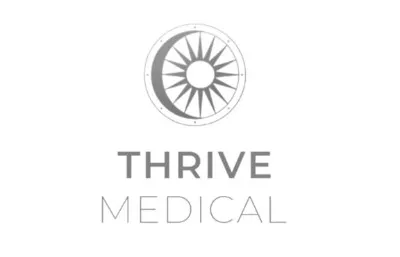Find A Verified Clinic
Trusted Bioidentical Hormone Replacement Therapy (BHRT) Experts, Local to You
Easily connect with qualified, verified professionals for safe, reliable treatment.


Thrive medical
68/69 The Square, Harewood, LS17 9LQ
~19.4 miles away
Thrive medical Accreditations:
Explore Clinics Near You on the Map
See exactly where verified Bioidentical Hormone Replacement Therapy (BHRT) clinics are located across Hebden.
Zoom in, pan around, and click any marker to view each clinic’s profile, read reviews, and check their credentials before you book.

Your Bioidentical Hormone Replacement Therapy (BHRT) Questions
Real Questions from Real People, Answered
Straightforward answers to the questions people like you are asking right now about Bioidentical Hormone Replacement Therapy (BHRT).

Medication and bioidentical hormone replacement therapy.
Hi there, I am currently on lorazepam, clonazapan, olanzapine and an antidepressant called mirtazapine would it be ok for me to have bioidentical hormone therapy while on these medications?
To view all the Bioidentical Hormone Replacement Therapy (BHRT) questions, please click here.
Or click here to ask your own question.
Stay Informed with the Latest Aesthetic News & Offers
Join our free newsletter to receive updates on the latest treatments, safety guidance, and exclusive clinic offers near you.
No spam, just expert insights and trusted advice from the UK’s leading aesthetics directory.

